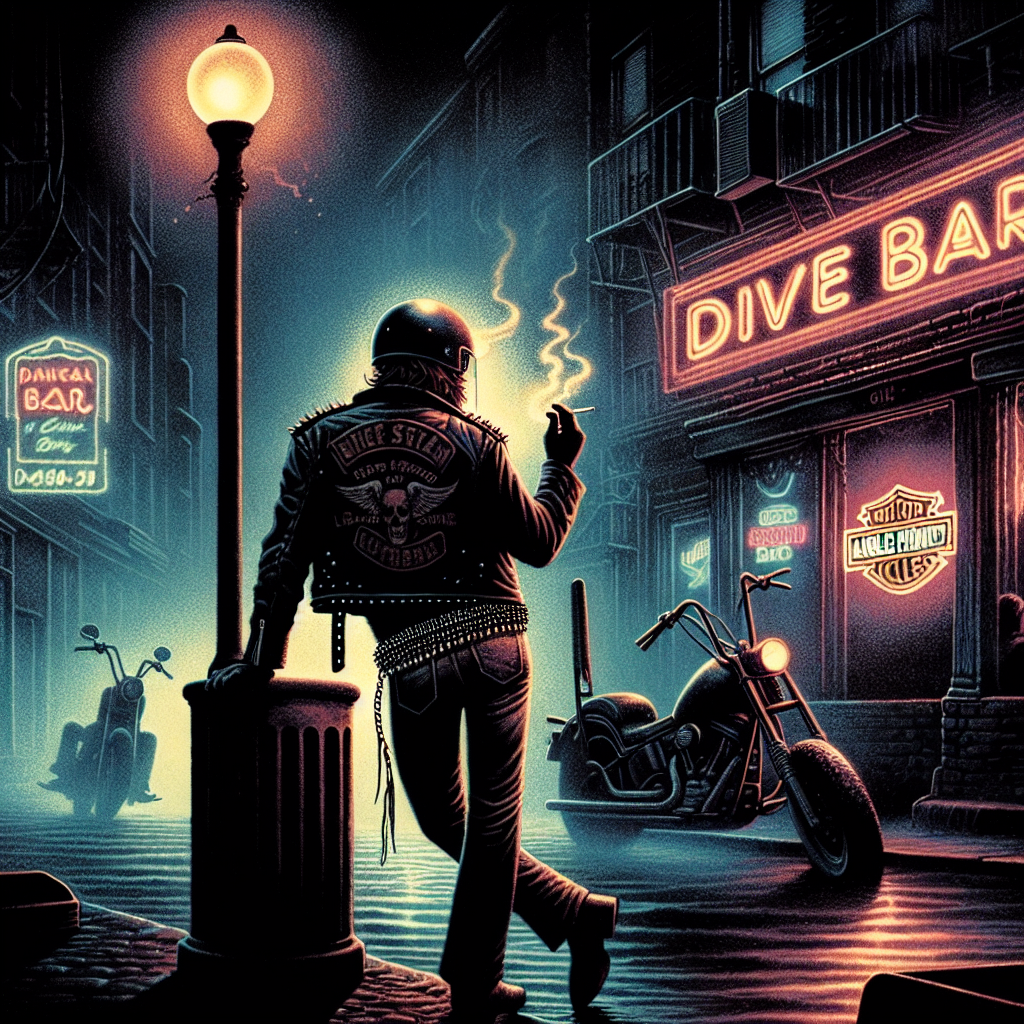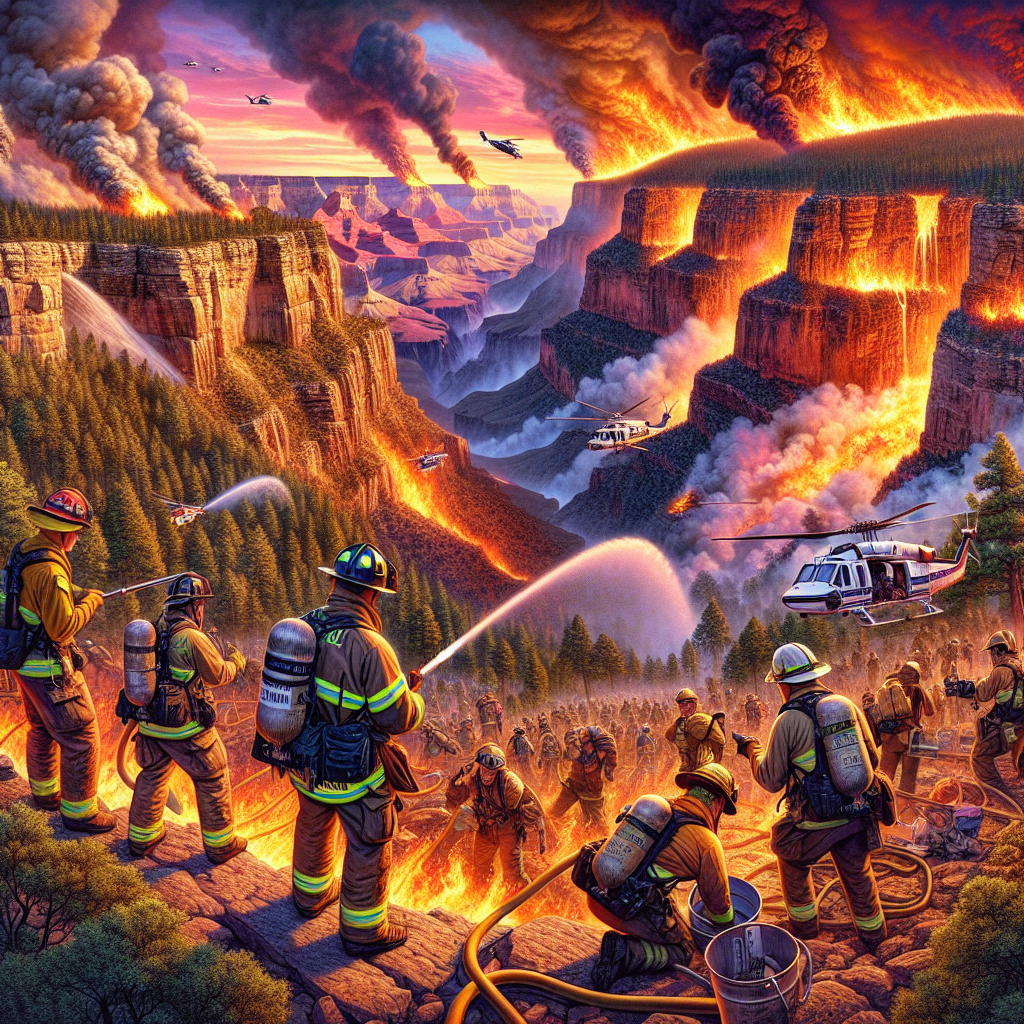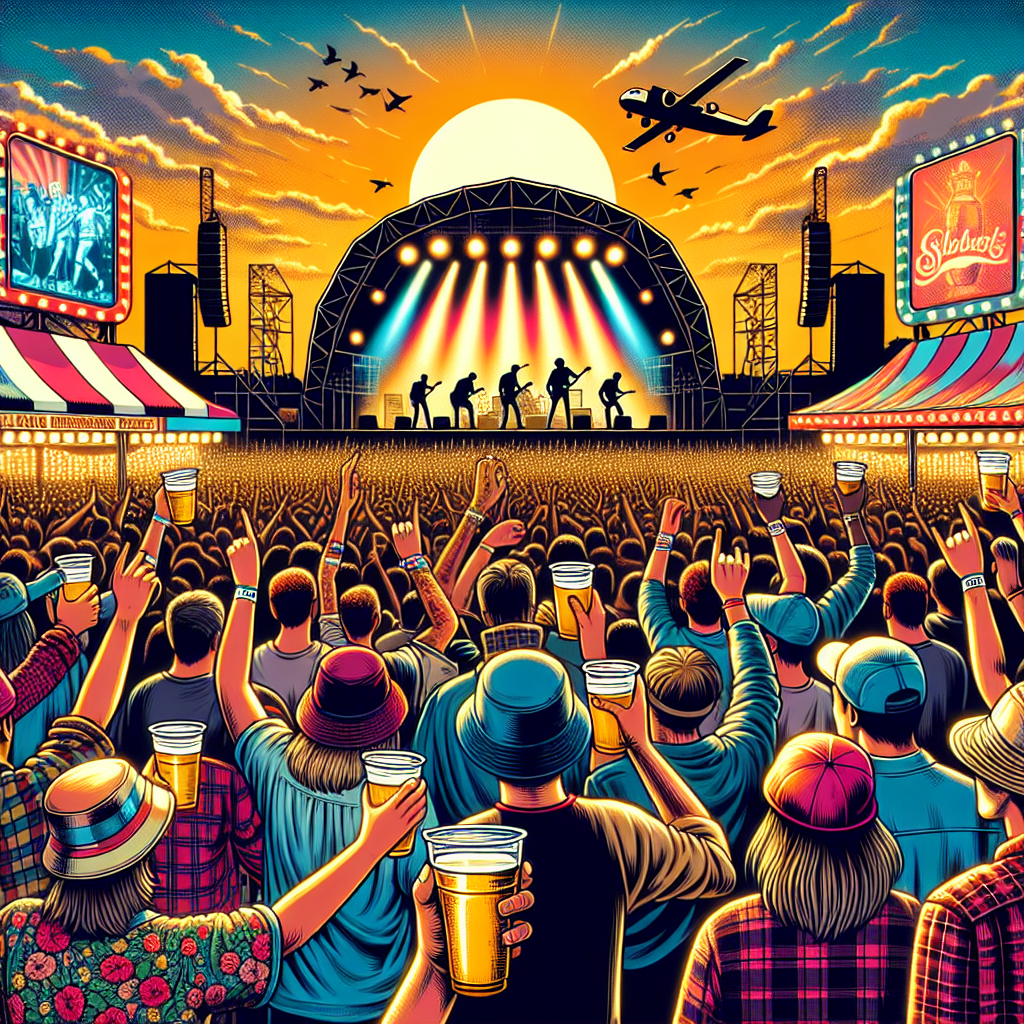🖤Raspy Glory in Reverb: David Roach, Voice of Gritty Glam, Rides Into the Sunset at 59🖤
Brace yourselves, because Mr. KanHey is here to light a cigarette for the fallen and rewrite the eulogy—a little louder, a little dirtier, and a hell of a lot more human.
David Roach, that whiskey-weathered road poet of Hollywood’s crustiest gutters, is gone. The snarling frontman of Junkyard—the anti-glam hard-rock misfits who dared to smear grease on Sunset Strip glitter—died at 59. But don’t let the number dazzle you into mourning too pretty. Roach lived like a cigarette burns: fast, jagged, and smoldering with soul until the end.
In an era when hair metal was spraying Aquanet into the face of authenticity, here came Junkyard like the oil-stained wrench in the Ferrari showroom. Other bands bleached their souls to look like Malibu dolls; Roach strutted in like a biker bard chewing on the blues and spitting truth into a mic wrapped in barbed authenticity.
He wasn’t just a singer—he was emotional shrapnel made human. That voice? It didn’t come from vocal coaching; it came from experiences you don’t talk about at dinner parties. His rasp was a gravel-blown gospel, the kind you earn on dusty highways, half asleep in leather jackets with nothing but a cheap motel sign as divine light.
Let’s rewind. It’s 1989. The strip is a peacock parade of teased hair and leopard-print spandex. But in the midst of that high-octane theater, Junkyard drops their debut. No glitter, no sequins, just denim, distortion, and the dirty blues—roadhouse rock ‘n’ roll for the kids who didn’t fit in with the Pretty Boy Floyd crowd. They weren’t outsiders. They were *outlaws*.
Roach’s secret weapon? He carried pain like it had a backstage pass. All his joy, his rage, his southern-fried melancholy—it leaked through every lyric like a halo ringed with sawdust. Junkyard’s songs weren’t built for stadiums. They were built for dive bars, tattoo parlors, and those late-night road trips where you’re not sure if you’re running from love or just yourself.
Pop culture sanitized rock long ago, neutered it into background noise for Spotify chill-core playlists. But Roach kept it bloody-knuckled until the amps blew. And isn’t that the spiritual rebellion of true rock? It’s not about climbing charts—it’s about roaring down the wrong highway at midnight, howling at neon signs and fists raised to the heavens because you *feel* something.
And damn, Roach made us feel.
We live in an autocorrected world now. A world where pop stars are PR-trained holograms and music is algorithm-fed oatmeal. But Roach? He was a beautiful contradiction. A Southern gentleman wrapped in biker grime, fronting a band that refused to kiss the ring of mainstream success and instead broke its fingers flipping the bird.
He didn’t chase fame. He chased the raw nerve.
You can still hear him in the echo of Harley engines, in barroom speakers that haven’t been updated since the Clinton administration, in the tear-stained tattoos of fans who never wanted perfect vocals—just *honest* ones.
Let’s get real for a second. Death has a cruel way of canonizing people into saints or sob stories. But if Roach were here, he’d roll his eyes at the candlelight tributes. He’d tell us to grab a beer, crank up “Hollywood” or “Simple Man,” and scream till our lungs go raw.
Let’s be clear: he’s not gone. You don’t bury a man like David Roach. You amplify him.
From the ashes of the Strip’s glammed-out graveyard emerges this blazing eulogy: not everyone who burns out fades away. Some leave tattoos on time itself.
So dare to be different. Live messy. Sing ugly. Love hard.
And if you need a patron saint of beautiful rebellion, you just found your prophet in tattered denim.
Rest loud, David.
– Mr. KanHey










